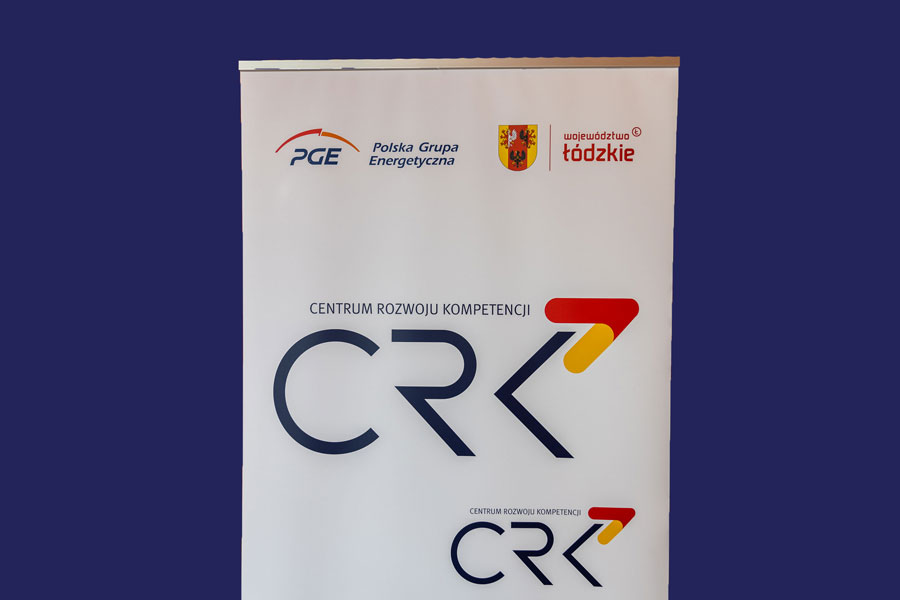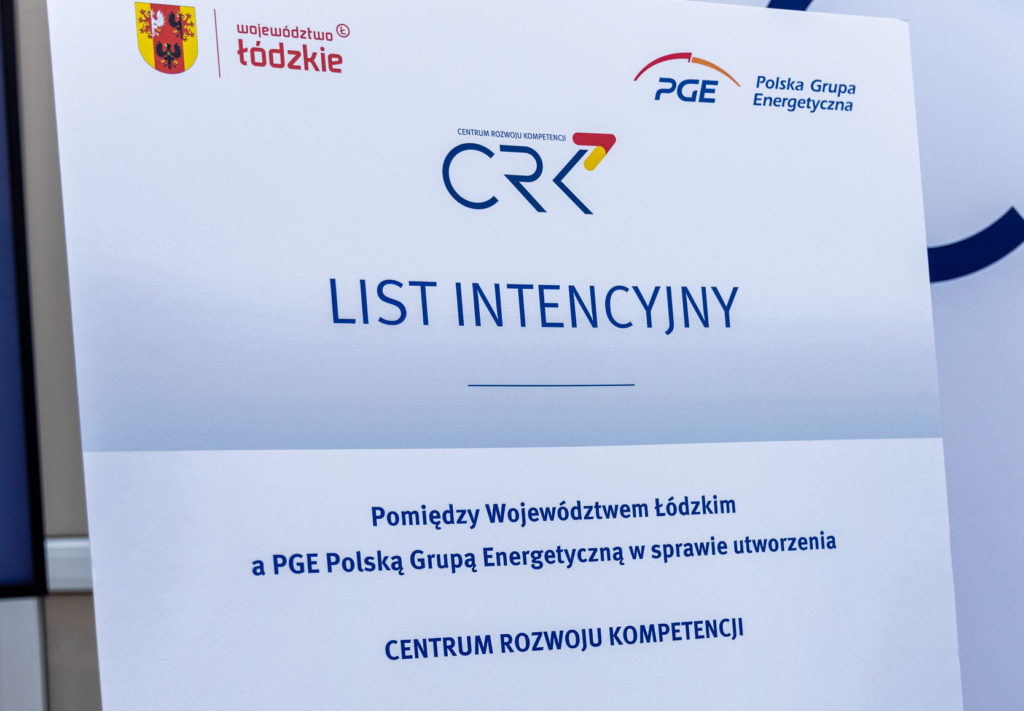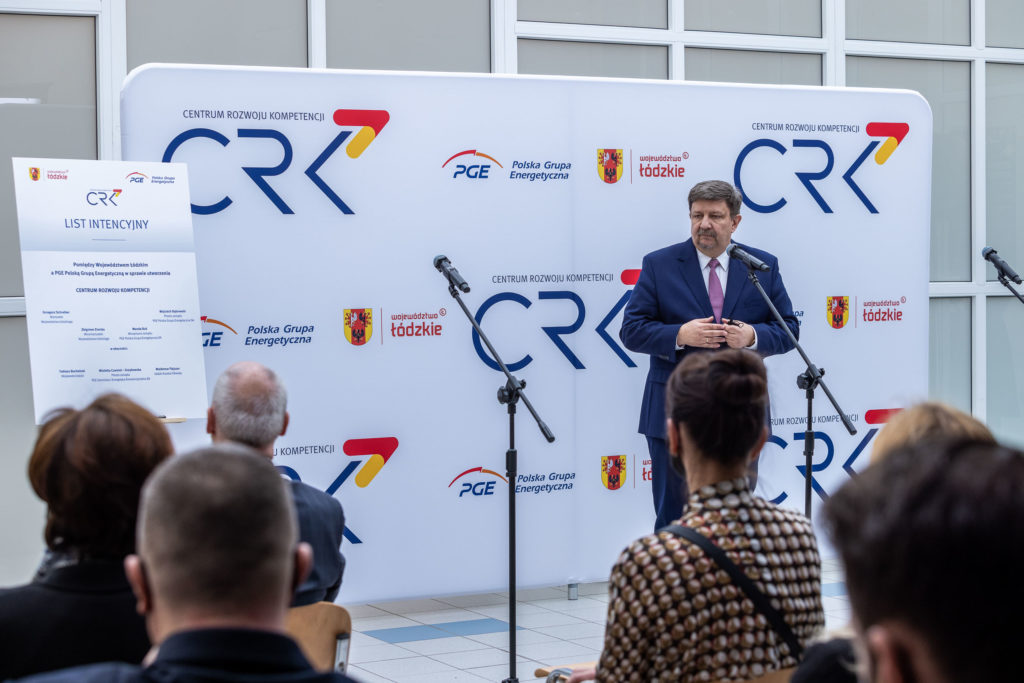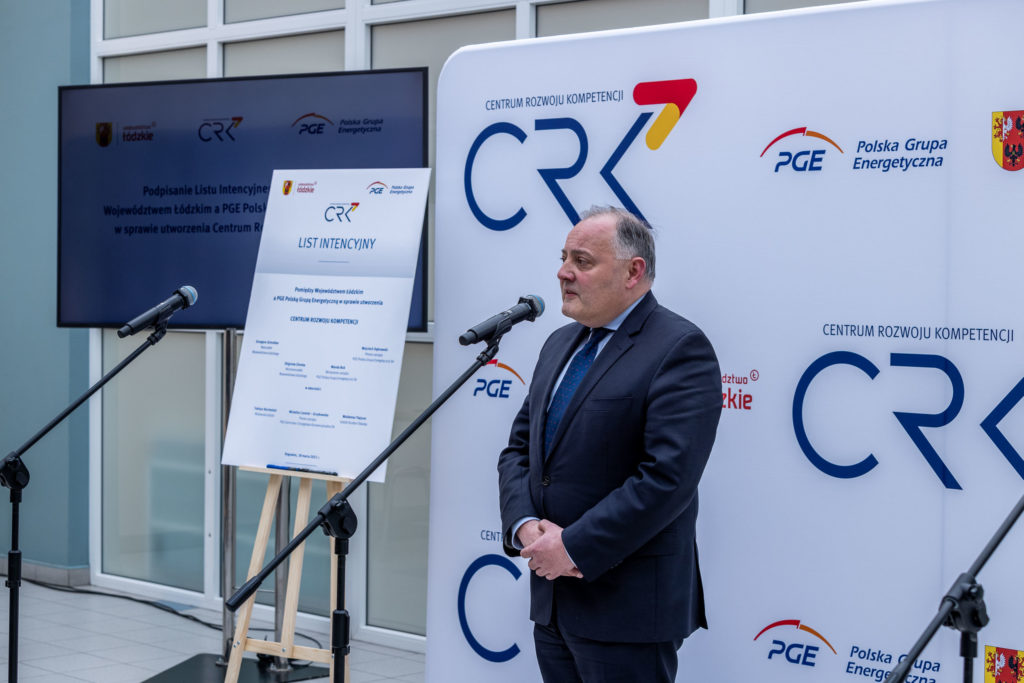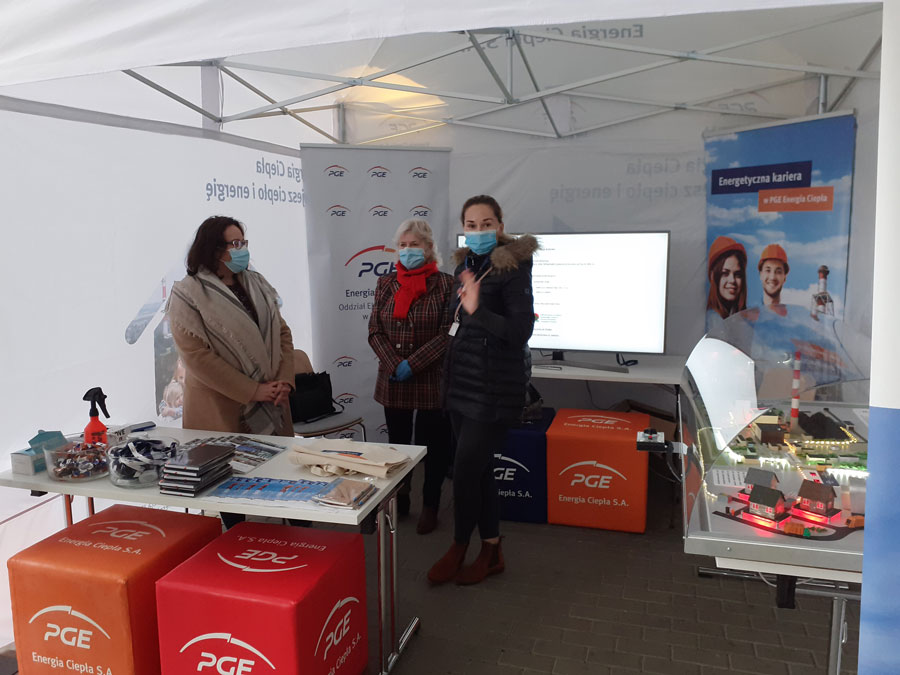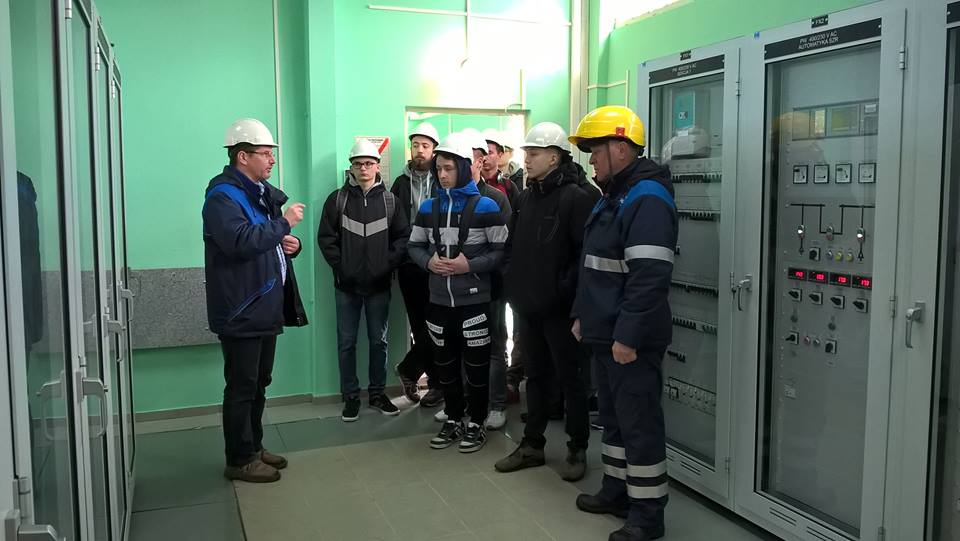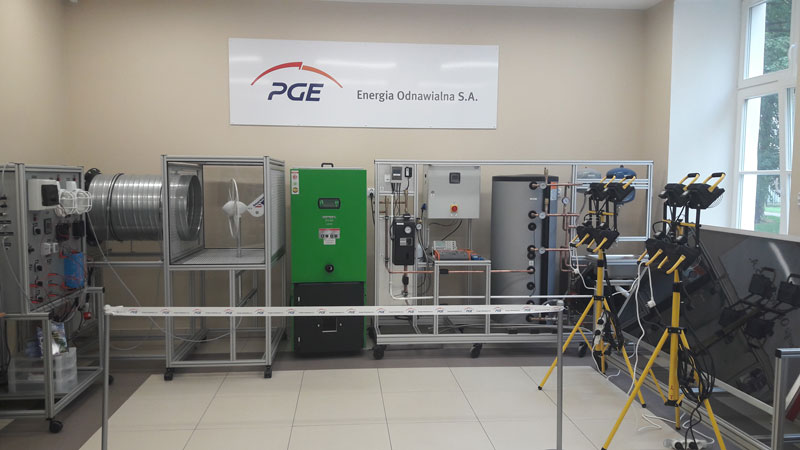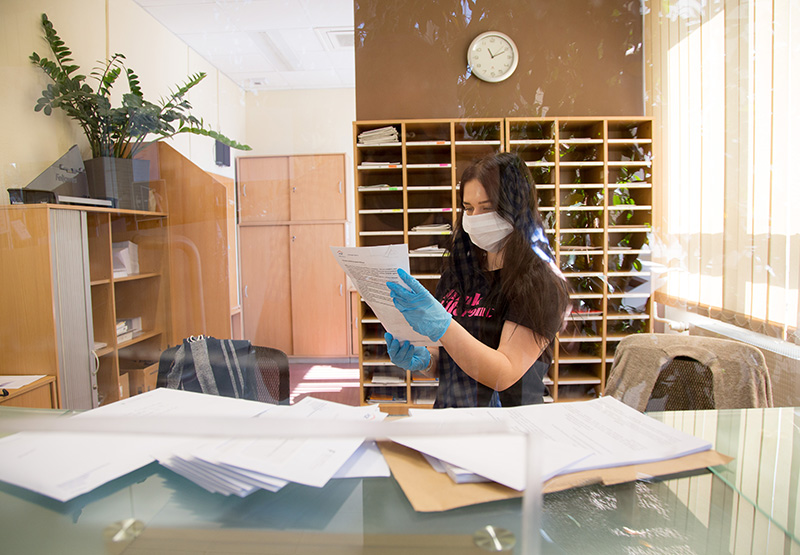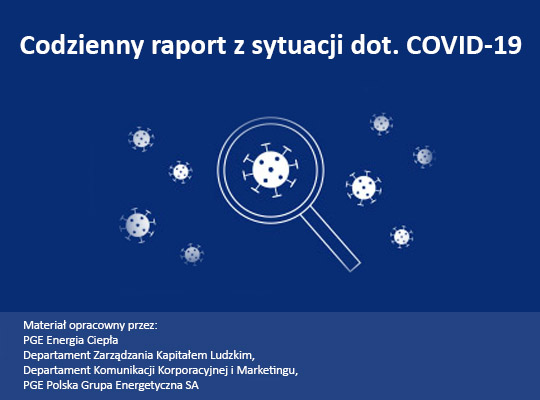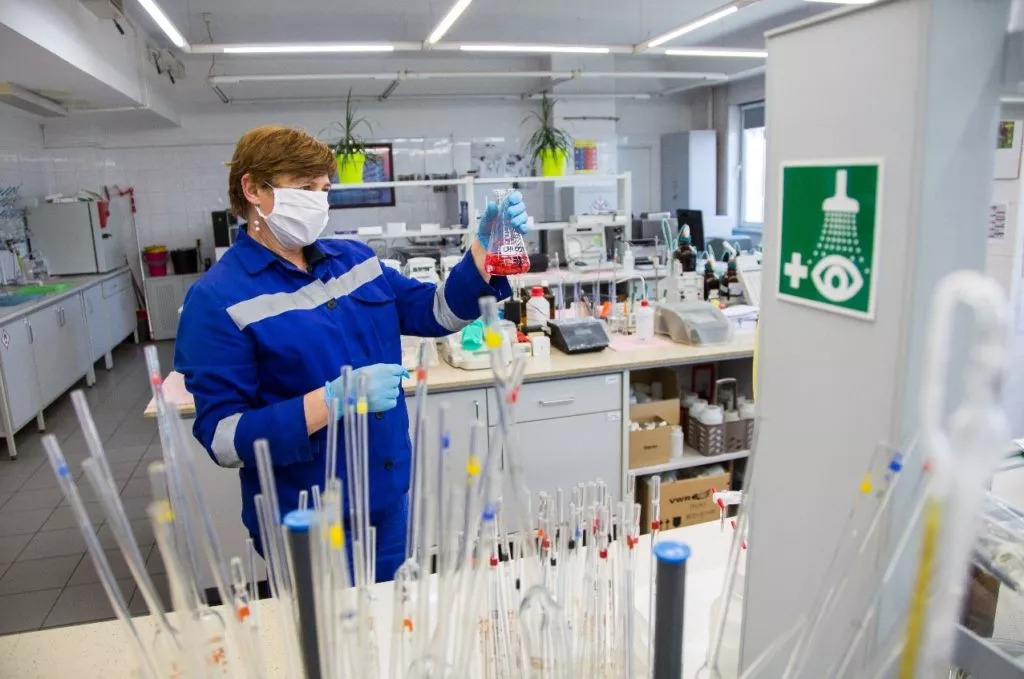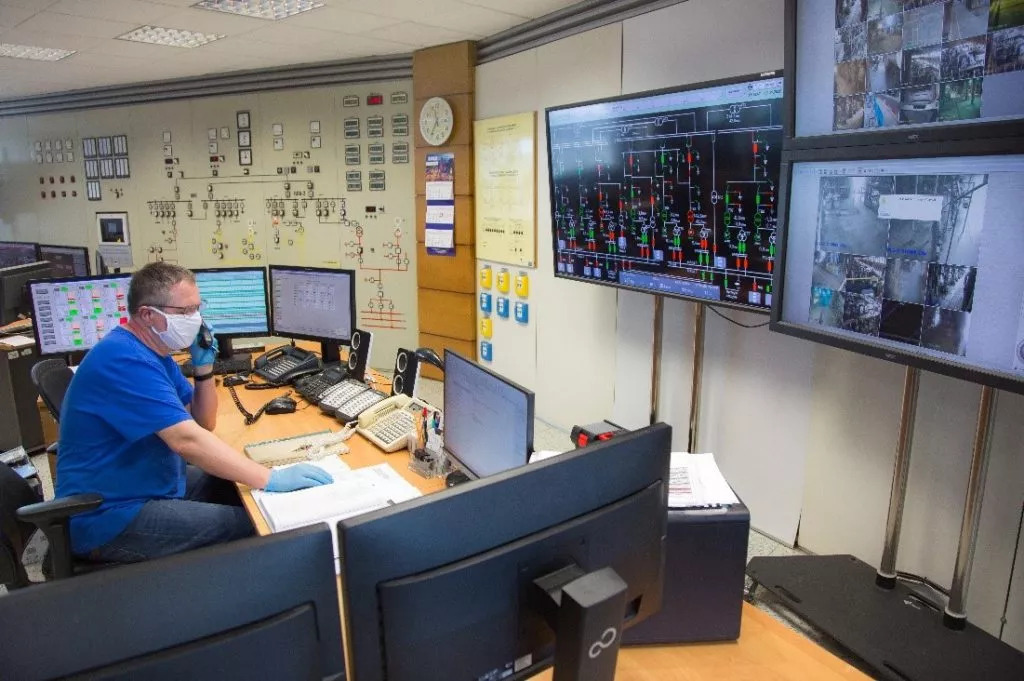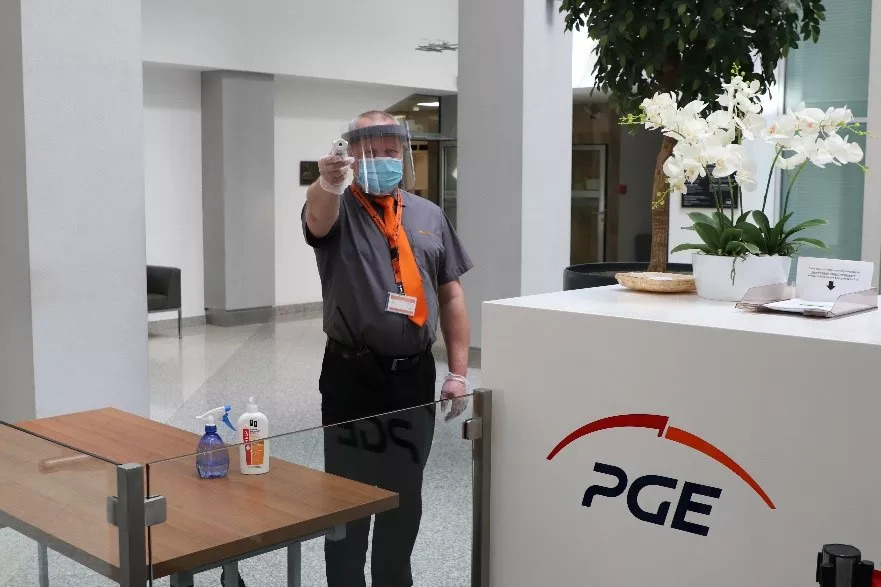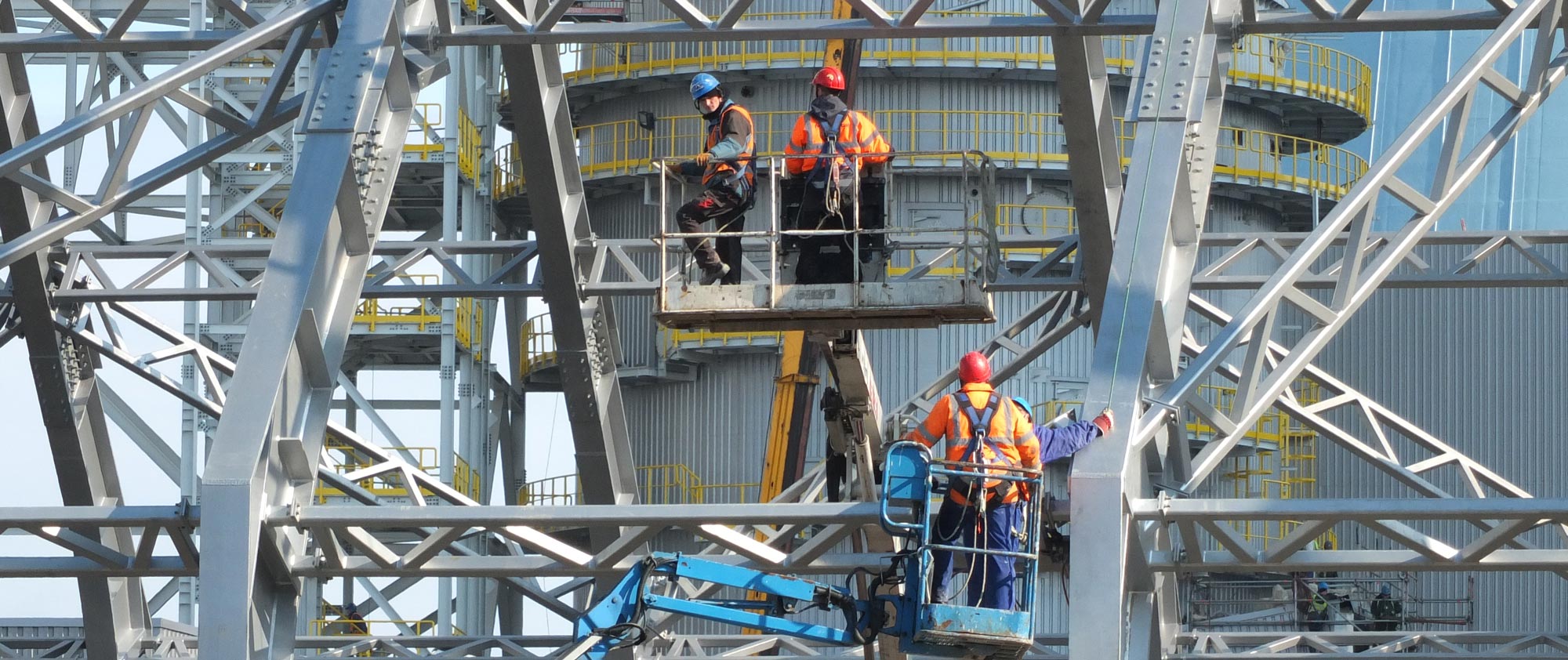A special place in the new business strategy is devoted to demographic trends, including the deepening generation gap, which may have a very significant impact on the future of the PGE Group. Currently, the proportion of the working age population is 63 percent. According to forecasts, in 2050 the potential workforce in Poland will account for 56 percent of the population. By 2050, the size of the population of mobile working age (18-44) is expected to decrease by 6 million (i.e. 39 percent), with the greatest loss occurring by 2035. Demographic forecasts of the Central Statistical Office (CSO) predict that by 2050 the median age will increase to 50.1 years for men and 54.8 years for women, and the rate of ageing will be the highest in the next 10 years.
Poland will become one of the oldest societies in Europe. In PGE, models and forecasts are made that take these assumptions into account. Demographic changes require appropriate measures for each age group.
In 2020, “A concept for bridging the generation gap in PGE GiEK” was developed, the purpose of which is to define actions and systemic solutions in the area of, among others, employee retraining, as well as rules and standards for employee mobility, which will enable the efficient allocation of resources during the implementation of projects, investments or operational tasks. Minimisation of the generation gap is also possible through the proper use of experience and knowledge of PGE Group employees, the implementation of mentoring programmes, and precise planning of succession in the areas of key importance to the Group’s operations. The PGE Group attaches great importance to the development of internship and apprenticeship programmes, as well as cooperation with technical schools and universities.
The PGE Group participates in successive editions of the „Energy for the Future” internship programme, providing internships for university students. It is a programme carried out under the auspices of the Ministry of Climate in cooperation with the energy companies such as PKN ORLEN, PGNiG and PSE. In the fourth edition of the programme, which ended in September 2020, 29 interns took part. The fifth edition of the programme started in October 2020.

